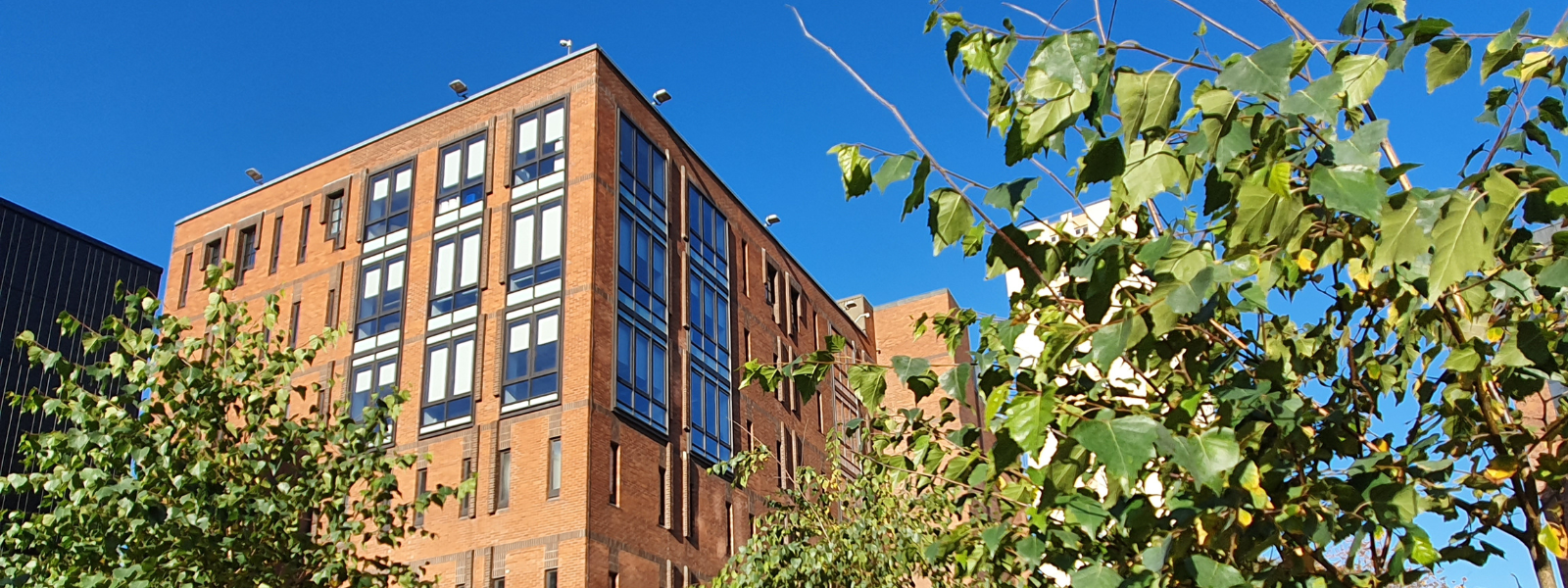A transformational gift
Charlotte Lythe, daughter of former Strathclyde Vice-Principal Professor Edgar Lythe, left a transformational £1 million gift to the University in her will.
Charlotte had a successful academic career, latterly as Dean of Arts & Social Sciences at the University of Dundee and she was a major benefactor in the creation of Dundee’s Verdant Works Museum. In a gesture of incredible generosity, Charlotte chose to commemorate and honour her father’s legacy by making this remarkable contribution to the University of Strathclyde, despite her strong ties to Dundee.
Honouring a Legacy
Professor Edgar Lythe, who died in February 1997 aged 86, was an esteemed economic historian.
Born in Walkington, Yorkshire, Professor Lythe joined the Royal College of Science and Technology in 1962, shortly before it transformed into the University of Strathclyde in 1964 with the award of its Royal Charter.
Alongside Sir Kenneth Alexander, Professor Lythe founded the School of Arts and Social Studies, later serving as Dean of the Faculty of Arts for nine years and as university Vice-Principal from 1972 until his retirement in 1976.
Professor Lythe's contributions to Scottish economic history are well-regarded; he co-authored ‘The Economic History of Scotland 1100 to 1939’ and wrote the influential ‘The Economy of Scotland in its European Setting 1560-1625.’
A Future of Impact
Charlotte’s tremendous act of generosity will support the appointment of two Professorial Chairs, the Charlotte Lythe Chair in Humanities and the Edgar Lythe Chair in History. It also supports three new Lectureships in the Department of Humanities, focussed on:
- Creative Practice
- Medical Analytics
- Race, Ethnicity and Migration
We are hugely thankful for Charlotte’s bequest and touched that she wanted to recognise her father’s significant contribution to Strathclyde in this way. We are delighted to honour both Charlotte and her father, Edgar, with these eponymous Chairs and the new Lythe Lectureships.
Professor Karen Boyle, Head of the Department of Humanities
